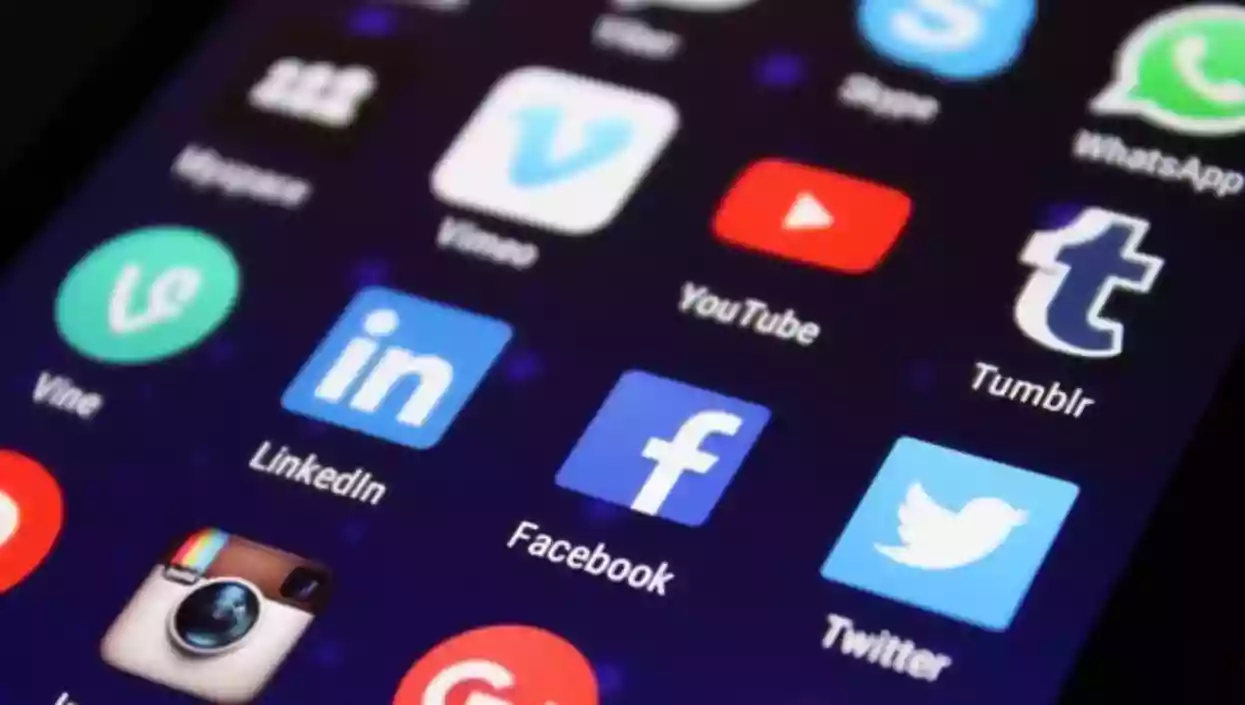Speeding bus mows down pedestrian at MG Road more, driver flee
.gif)
.gif)

In a significant move to curb digital fraud, the Ministry of Home Affairs (MHA) has announced that over 1,700 Skype IDs and 59,000 WhatsApp accounts linked to fraudulent activities have been blocked. This action was spearheaded by the Indian Cyber Crime Coordination Centre (I4C), an MHA initiative dedicated to combating cybercrime.
Union Minister of State for Home Affairs Bandi Sanjay Kumar shared the information in the Lok Sabha, highlighting the effectiveness of the Citizen Financial Cyber Fraud Reporting and Management System. This system, launched in 2021 under the I4C framework, enables citizens to report financial frauds quickly, preventing significant financial losses. According to Kumar, the system has already helped save ₹3,431 crore across nearly 10 lakh complaints.
The crackdown extends beyond digital platforms. As of November 15, 2024, the government has blocked over 6.69 lakh SIM cards and 1.32 lakh IMEIs suspected to be used for fraudulent purposes. The central government and telecom service providers have also introduced measures to identify and block international spoofed calls, which cybercriminals often use to impersonate Indian numbers for scams.
Such spoofed calls have been linked to recent scams, including fake digital arrests, FedEx frauds, and impersonations of government officials. Directions have been issued to telecom service providers to block these calls, while a robust Cyber Fraud Mitigation Centre has been set up at I4C to ensure immediate action.
The I4C has also launched a suspect registry of cybercriminal identifiers. This includes a public feature, Report and Check Suspect, on the portal cybercrime.gov.in, allowing citizens to search and report cybercrime-related identifiers. This initiative is a step forward in making cybercrime reporting more accessible and effective.
As digital fraud becomes increasingly sophisticated, these proactive measures aim to protect citizens and organizations from falling prey to cybercriminals. The collaborative efforts of banks, financial institutions, telecom providers, and law enforcement agencies underline the government’s commitment to tackling this growing menace.